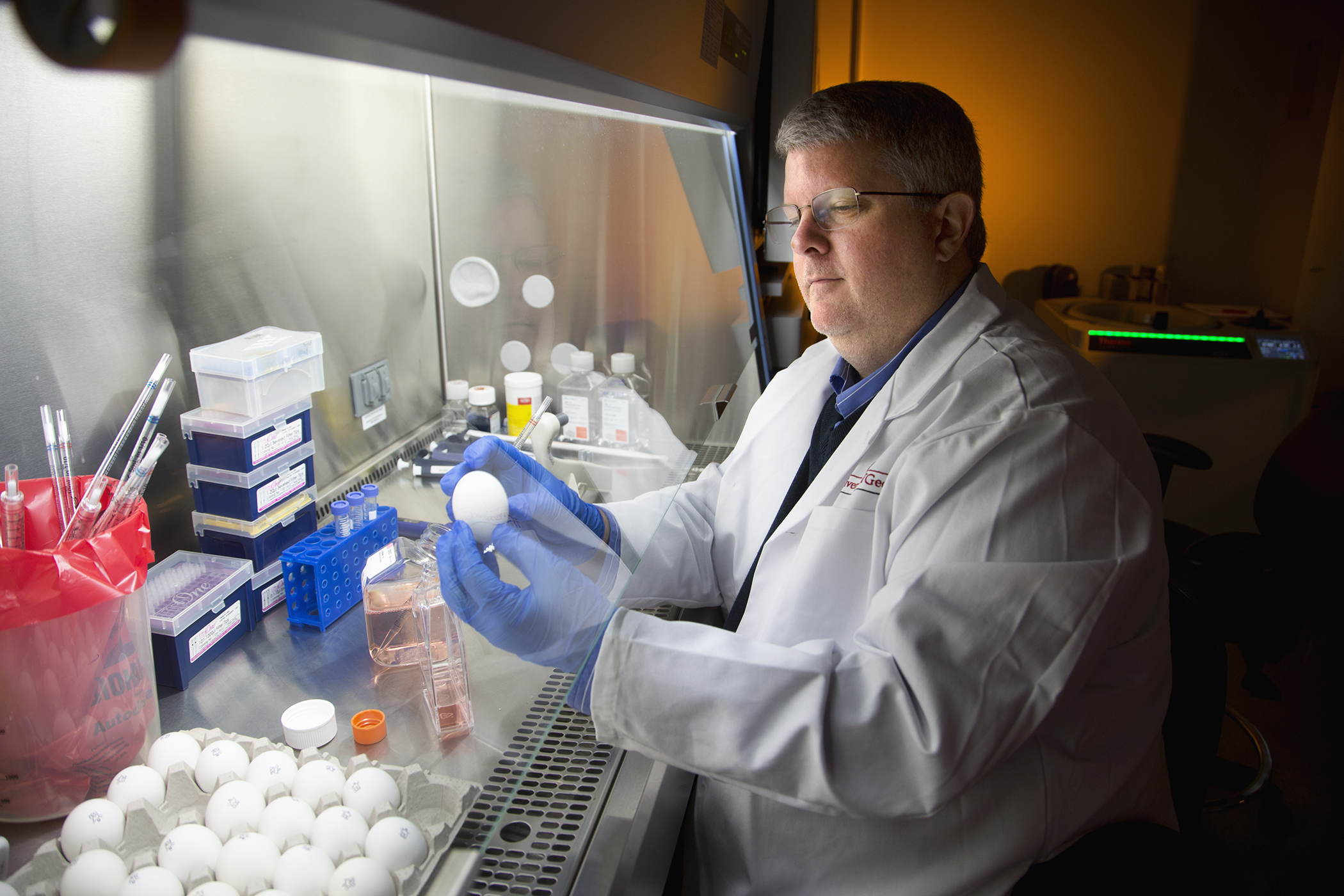January 2021:
In September 2020, the College of Veterinary Medicine announced SPARTA (SARS SeroPrevalence and Respiratory Tract Assessment), a study funded by the NIH National Institute of Allergy and Infectious Diseases and the National Cancer Institute.
The study’s original purpose was to investigate the human body’s response to infection with SARS-CoV-2 (COVID-19), and the study sought participants in specific high-risk categories. But in the months following its announcement and major developments in treatment and vaccination against the virus, the project has widened its focus.
The study is currently seeking 1,000 applicants between the ages of 18 and 90 for monthly blood and saliva samples. There are no requirements to join the study, and even those who have received the vaccine may apply.
Sample collection sites in Athens are the University of Georgia Health Sciences Campus in Normaltown, the Veterinary Teaching Hospital on College Station Rd., Piedmont Athens Regional Medical Center, and St. Mary’s Hospital.
According to Ted Ross, director of the UGA Center for Vaccines and Immunology, in the four months the project has been running, researchers have noted long-lasting antibody levels following infection. But in a minority subset of subjects, antibody levels drop and eventually reach baseline. Learning what proportion of people are affected by this loss of protection will be vital in making policy decisions regarding the vaccine and required booster shots to promote immunity.
For more information on participating in the SPARTA study, contact [email protected] or call (706) 583-0174. The original release on SPARTA is below.
September 2020:
A key question surrounding COVID-19 is if people who have had the virus gain some degree of long-term immunity. Ted Ross is leading a nationwide study to examine this pressing question. Ross is director of the University of Georgia’s Center for Vaccines and Immunology and professor of infectious diseases in the College of Veterinary Medicine.
“The body’s response to every infection is unique,” explained Ross. “In this study, we hope to determine how the body fights this novel virus and what, if any, protection the body develops following infection.”
The team also hopes to examine immunological, demographic and medical risk factors and the part they play in recovery and infection outcome. Using blood draws and saliva samples, the researchers will monitor participants over the course of 24 months. The project, called SPARTA (SARS SeroPrevalence and Respiratory Tract Assessment), is funded by the NIH National Institute of Allergy and Infectious Diseases and the National Cancer Institute.
In Athens and Augusta, Georgia, the study will establish and follow participants at higher risk of exposure to the SARS-CoV-2 virus, including local health care and emergency services providers, as well as faculty, staff and students at UGA. The group will total about 3,000 participants between 18 and 85 years of age and at least 50% of the participants will be members of minority populations, which have been impacted by COVID-19 at a higher rate than other groups.
UGA will participate with other teams of investigators from universities and health care providers around the country including Augusta University Medical Center, Mt. Sinai Medical Center in New York City, University of Chicago, University of Miami, University of Michigan at Ann Arbor, University of California at Los Angeles – Harbor Medical Center, Washington University Medical Center in St. Louis, and St. Jude Children’s Research Hospital in Memphis.
The list is expected to grow as more institutions join the project. The data collected from these locations will be aggregated and compared for a nationwide view of immunity and recovery from COVID-19.
